The hybrid car market in Vietnam, although still quite small, is witnessing a strong undercurrent. In the past 9 months, nearly 9,800 hybrid cars were sold, a jump of about 70% compared to the same period last year. Seizing this signal, Toyota Motor has decided to make a big "gamble", which is to invest more than 360 million USD to produce hybrid cars for the first time right in Vietnam.
Strategic moves and explosive expectations
According to plan, the first hybrid cars of Toyota will roll out of the factory in Phu Tho province as early as 2027. Vietnam will become the 4th Asian country, after Thailand, Indonesia and Malaysia, to have hybrid car production line of the Japanese giant.
The investment of 360 million USD (equivalent to nearly 9,500 billion VND) is not just a number, but a commitment to a long-term game. This move is based on a firm belief in the future of the Vietnamese automobile market.
Mr. Keita Nakano, President of Toyota Motor Vietnam, forecasts that new car sales in Vietnam could reach 1 million vehicles per year around 2030, surpassing even major markets in the region such as Thailand and Indonesia.
One of the key “catalysts” that Toyota is hoping for is preferential policies from the Government . Currently, there is information that the Government is considering reducing the special consumption tax on hybrid cars by up to 30 percentage points compared to pure gasoline cars. If approved, Mr. Nakano estimates that the selling price of hybrid cars could be reduced by about 10%, creating a big boost to competitiveness.

Toyota's decision to produce hybrid cars in Vietnam from 2027 is a big gamble, betting on the time when the hybrid car market will explode (Photo: Nikkei).
Challenges from the electric vehicle "storm"
However, the road is not entirely paved with roses. The biggest challenge, and also the biggest risk for this gamble, comes from the overwhelming advantage of electric vehicles (EV), especially from domestic rival VinFast .
While passenger cars (including hybrids) are subject to a minimum excise tax of 35%, electric cars are only subject to a preferential tax rate of 1-3%. This makes the price of electric cars significantly more attractive. VinFast's small car model VF3, priced at only about 13,000 USD, is a clear demonstration of this advantage.
VinFast’s market power cannot be underestimated. In just the past 9 months, the Vietnamese brand has sold more than 103,800 cars, leading the entire market. Meanwhile, despite impressive growth, hybrid cars currently account for less than 3% of total new car sales in Vietnam.
Furthermore, the hybrid tax cut plan is still “tentative”. The regulations that come with it are said to be very strict, and not all hybrid models will qualify for the incentives. This is an uncertain factor that Toyota must take into account.
Faced with these challenges, why is Toyota still determined to pursue its hybrid strategy? The answer lies in the company's "energy diversification" philosophy. Instead of betting all on electric vehicles, the company believes that each type of engine (gasoline, hybrid, fuel cell, electric) has its own role, depending on the conditions of each market.
In Southeast Asia in general and Vietnam in particular, where most electricity is still produced from fossil fuels and charging station infrastructure is not widespread, hybrid vehicles are considered the most balanced solution between cost, convenience and environmental benefits.
Users do not have to change their driving habits, do not have to worry about finding a charging station, while still saving significant fuel and reducing emissions compared to traditional gasoline vehicles.
Producing hybrids in Vietnam is a calculated move, a strategic step to consolidate the leading position in this segment, and at the same time a test to see whether hybrid cars can become a solid "stepping stone" for Vietnamese consumers on the path to green mobility.
Source: https://dantri.com.vn/kinh-doanh/toyota-rot-gan-9500-ty-dong-san-xuat-xe-hybrid-tai-viet-nam-tu-nam-2027-20251029195221151.htm




![[Photo] President Luong Cuong receives US Secretary of War Pete Hegseth](https://vphoto.vietnam.vn/thumb/1200x675/vietnam/resource/IMAGE/2025/11/02/1762089839868_ndo_br_1-jpg.webp)


![[Photo] Lam Dong: Images of damage after a suspected lake burst in Tuy Phong](https://vphoto.vietnam.vn/thumb/1200x675/vietnam/resource/IMAGE/2025/11/02/1762078736805_8e7f5424f473782d2162-5118-jpg.webp)
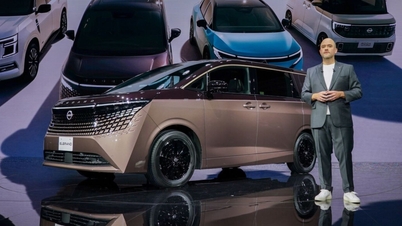

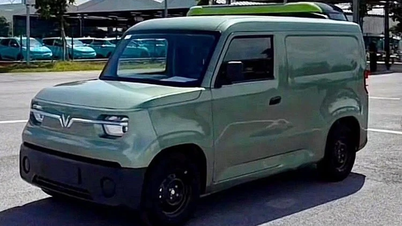




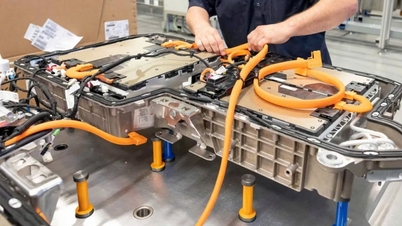
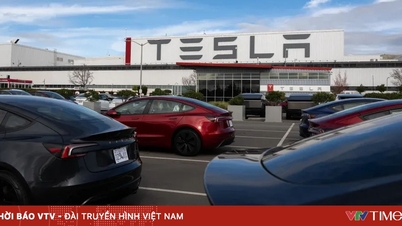


































































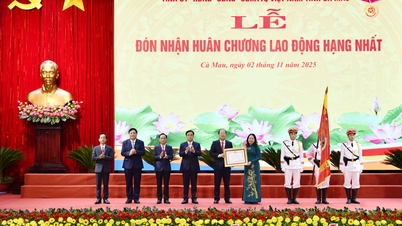


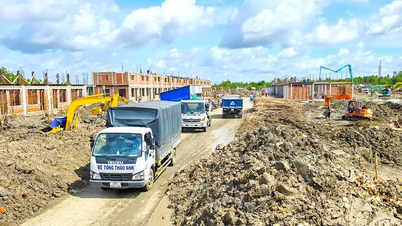


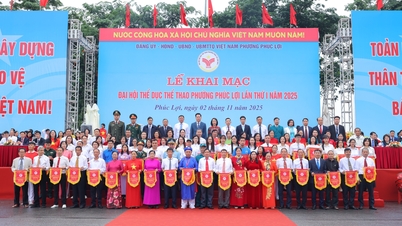


















Comment (0)